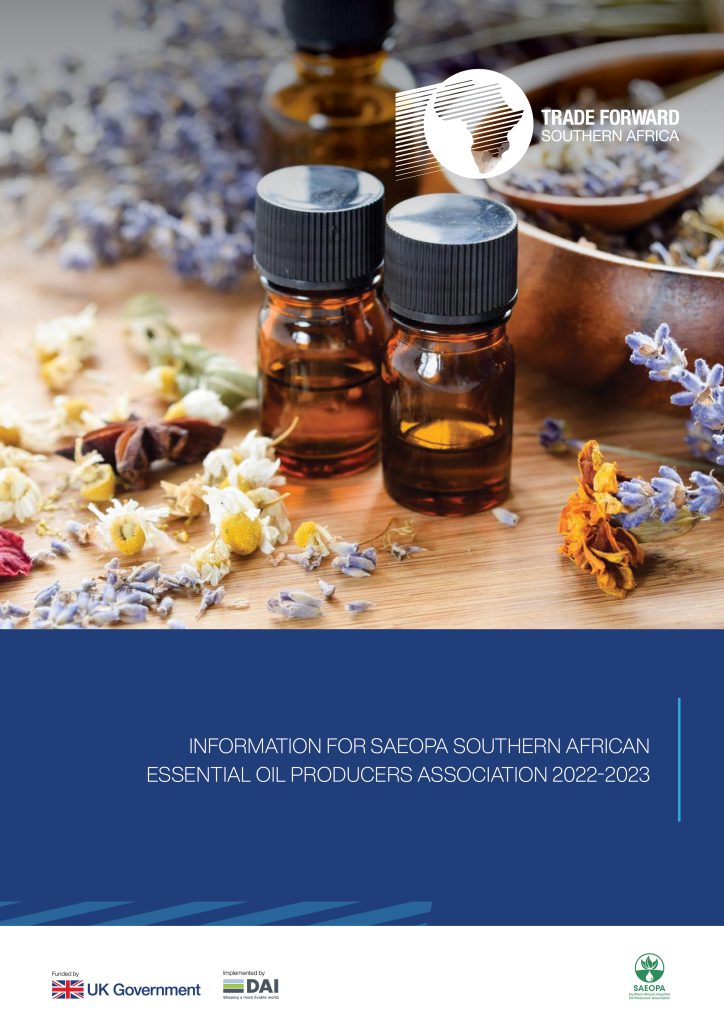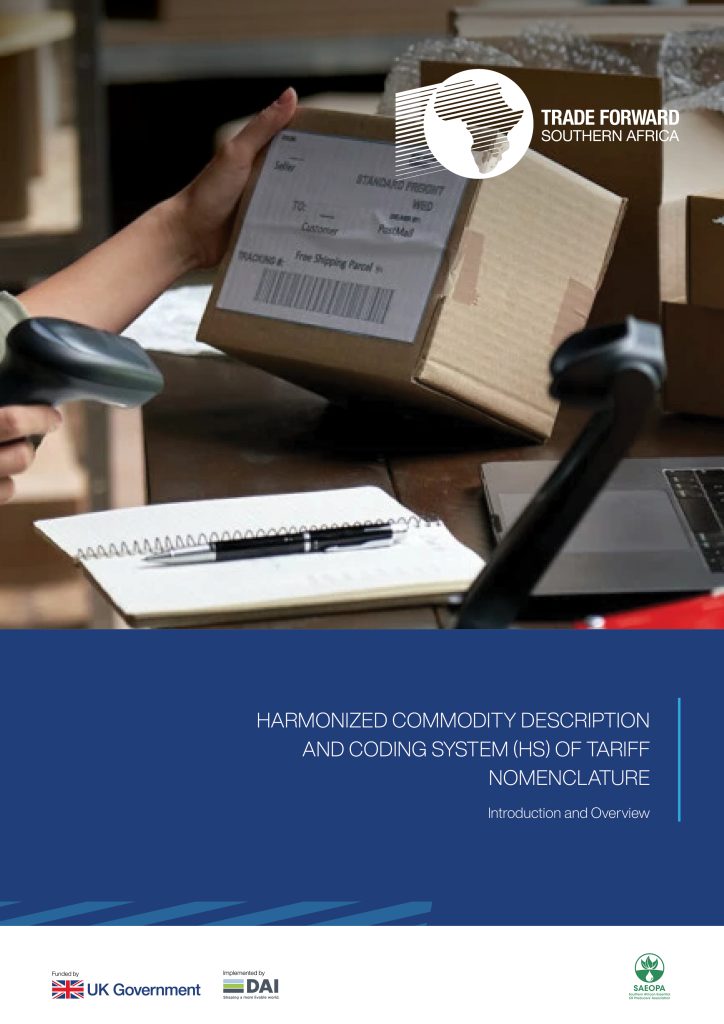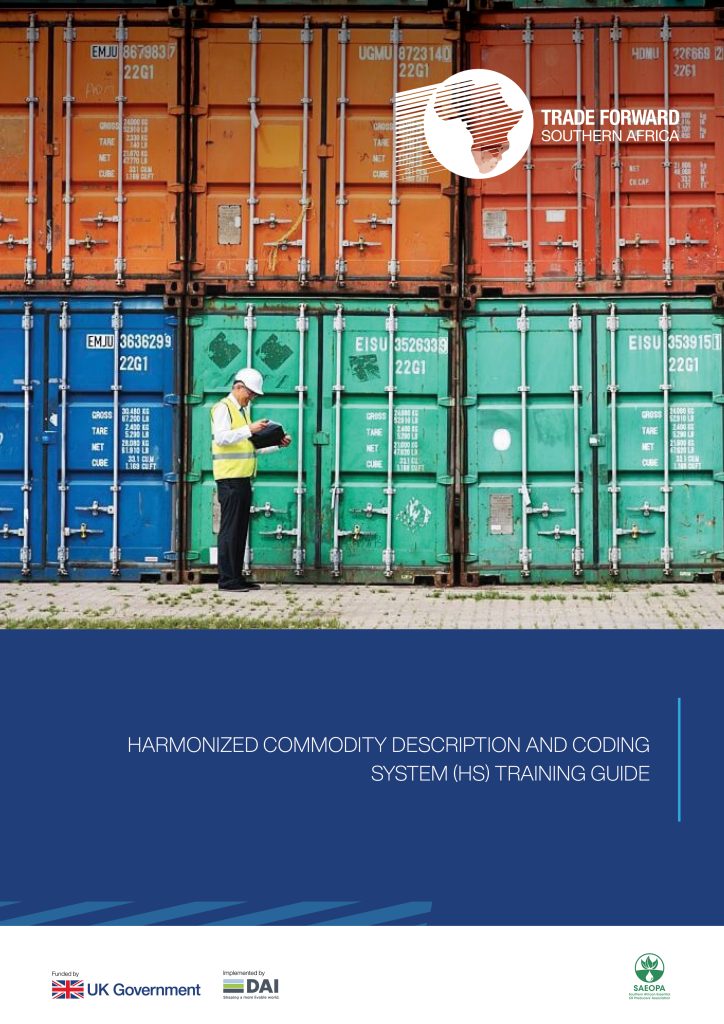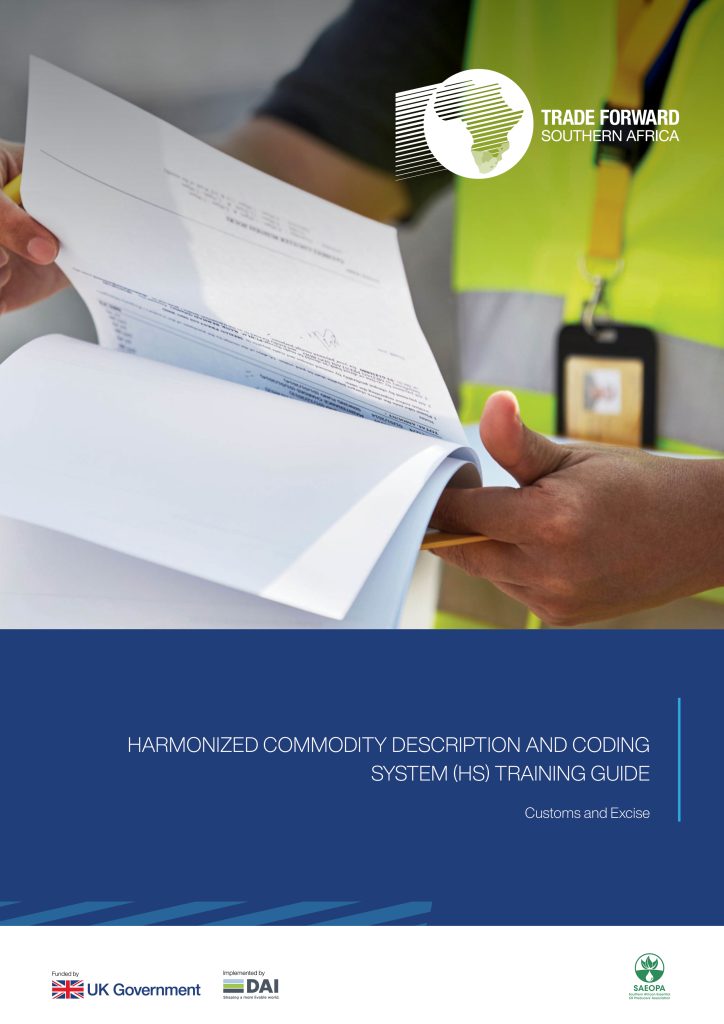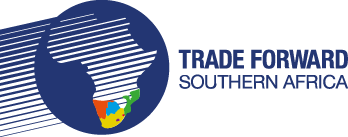TFSA works in the cosmetics and natural ingredients sector in four of the six SACU+M countries – Botswana, Lesotho, Namibia and South Africa. Producers of natural ingredients across these countries face very similar challenges in accessing global markets, mainly related to registration of products and complying with complex regulations and industry standards. The sector is generally seen as having a huge potential for poverty reduction and positively impacting women, as the majority of producers are based in poorer, rural areas and have a high participation of women up and down the value chain.
TFSA works through relevant business support organisations to strengthen producer’s ability to meet requirements crucial for exporting of natural ingredients products, such as Good Manufacturing Practices certification and HS classification. Misclassification creates costly bottlenecks, and even impoundments, at the borders, often due to misunderstandings of classification requirements by producers and customs officials alike. TFSA produces a number of guidelines and checklists to improve testing capacity of locally based laboratories, which will drastically reduce costs for many producers who currently have to send their products abroad for testing.
BSO partners in the Cosmetics and Natural Ingredients sector
- Cosmetics Export Council of South Africa (CECOSA)
- Natural Products Association Botswana (NPAB)
- Namibia Netowork of the Cosmetics Industry (NANCI)
Latest Updates
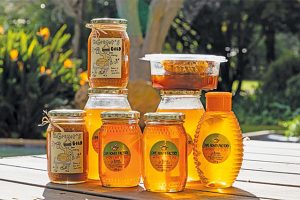
South Africa: A better (bee)hive for easier beekeeping
Beekeepers have used wood for their hives since time immemorial, and beekeeper Ryno Barnes of Hout Bay in the Western Cape was no exception. Wood
February 14, 2022

The smell of money: The growth of the blooming perfume industry in Africa
Globally, ingredients for most perfumes are often imported from small suppliers in Africa, processed, and then re-exported into the commercial market of their country of
December 22, 2021
